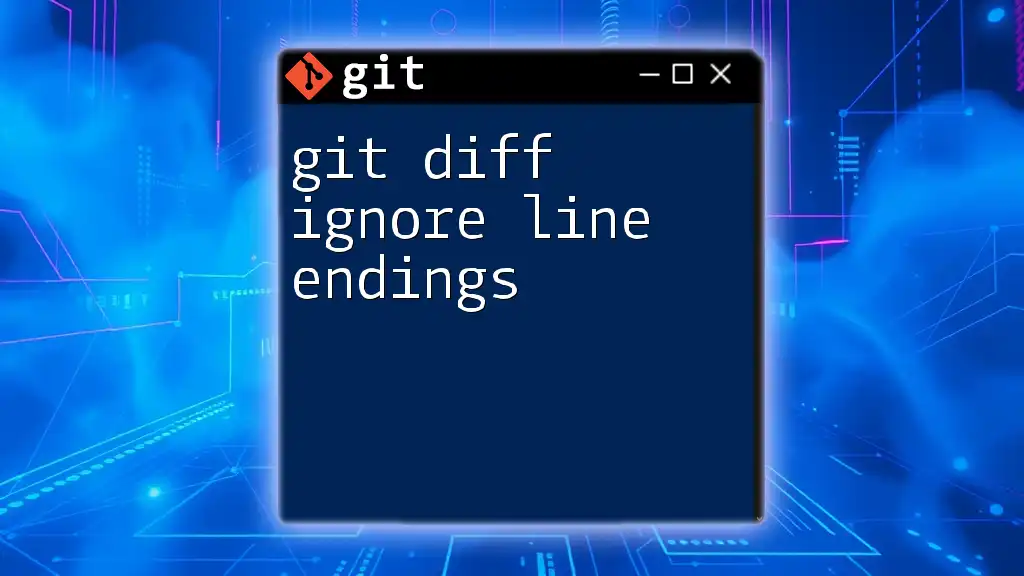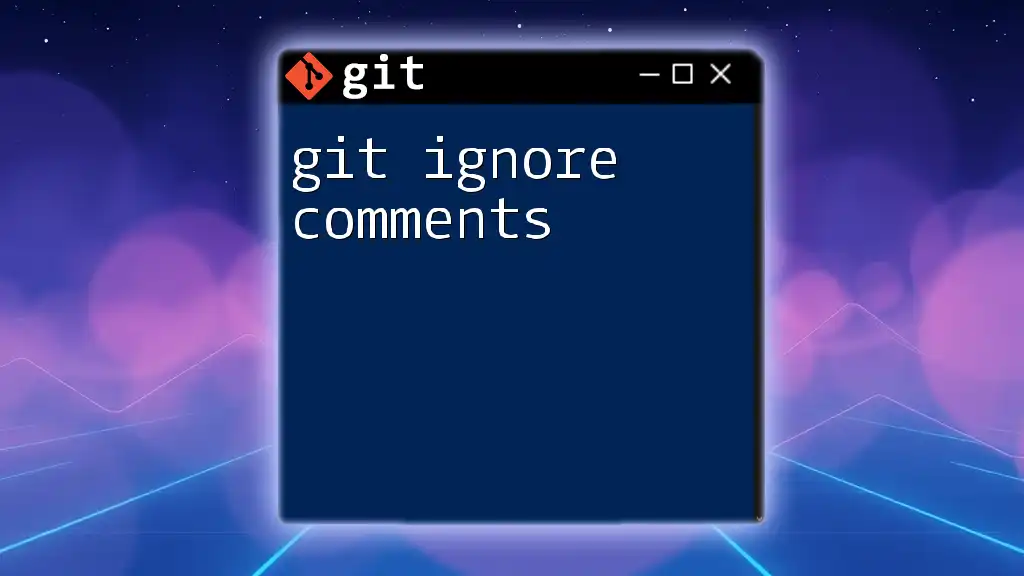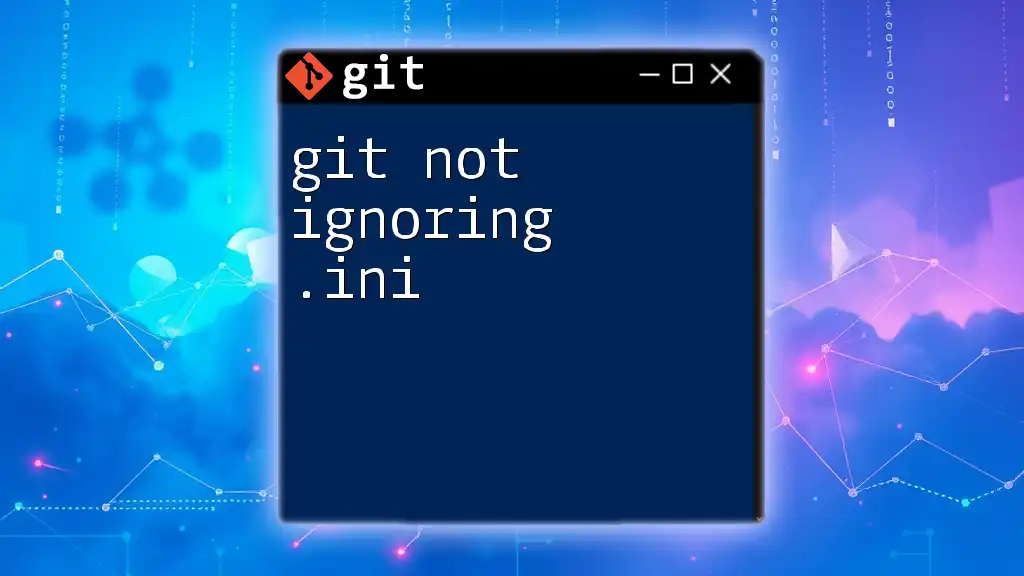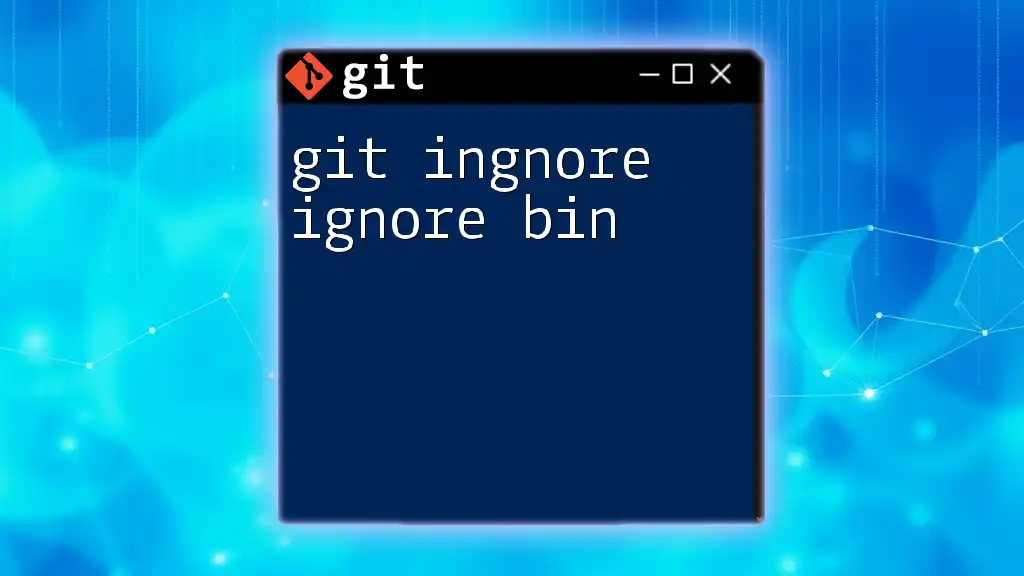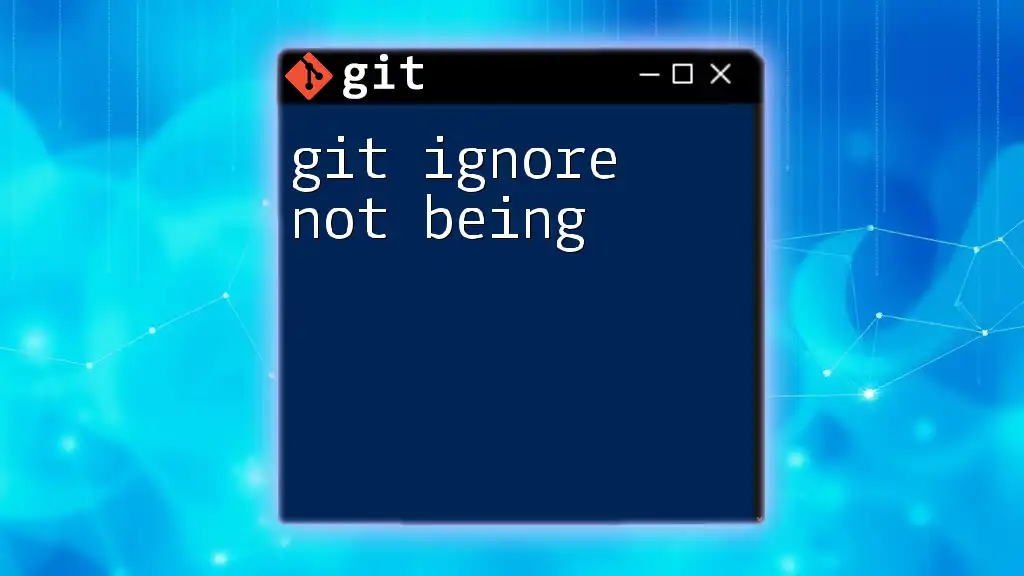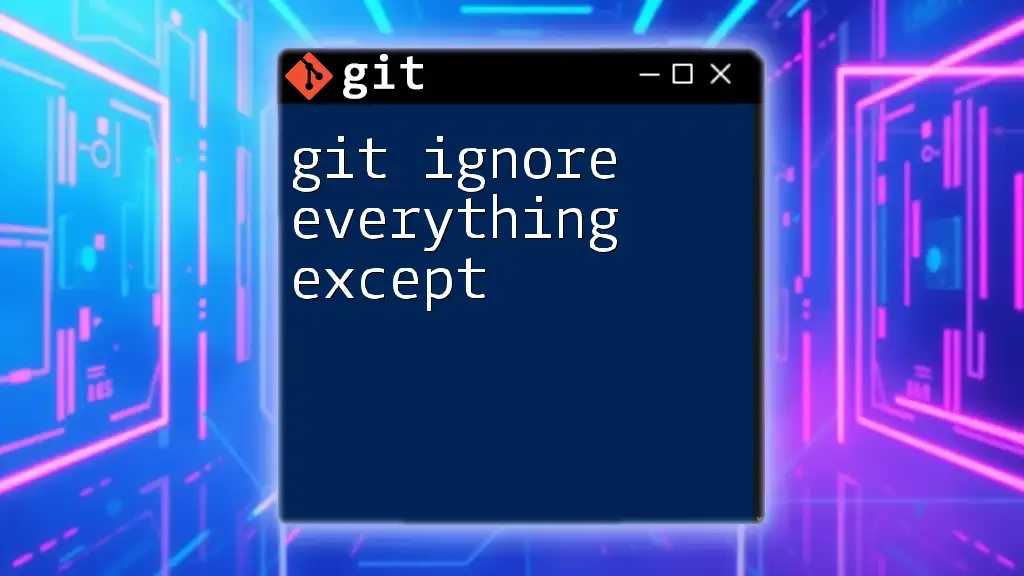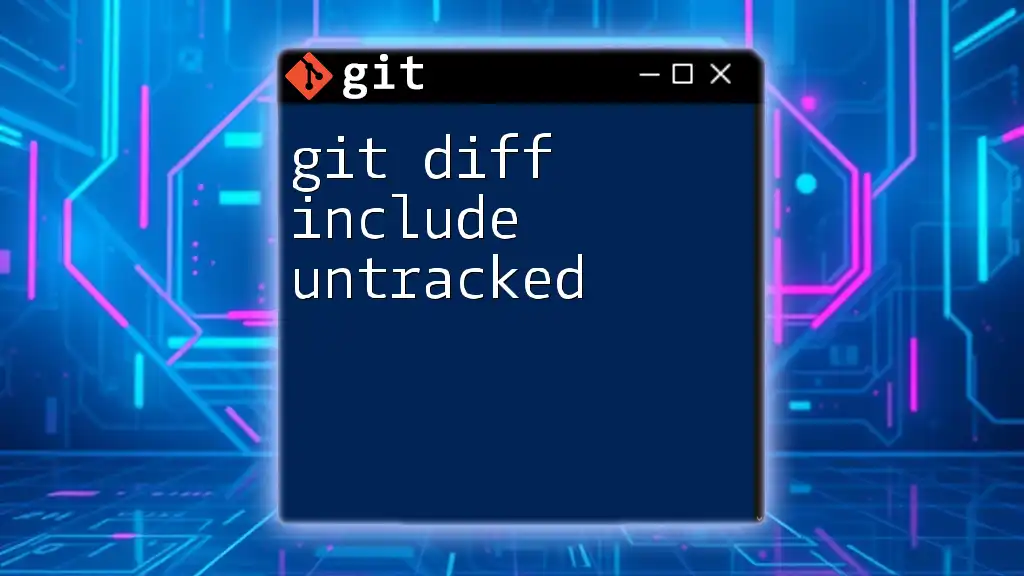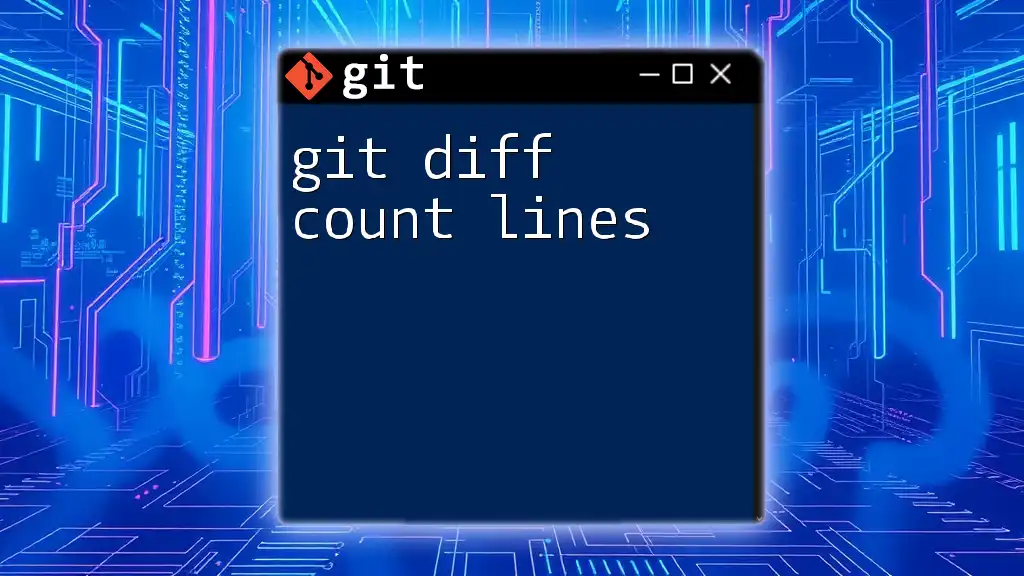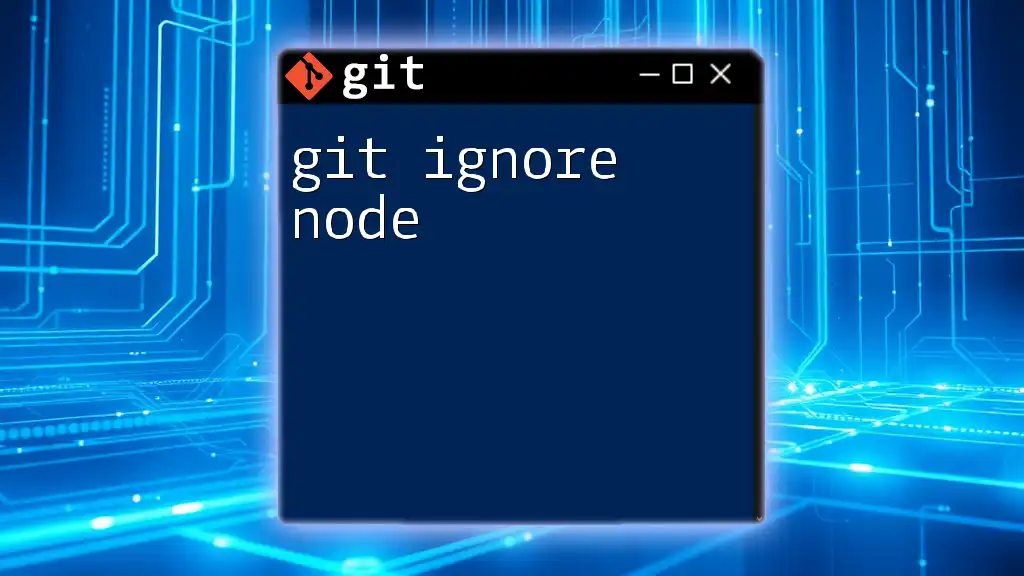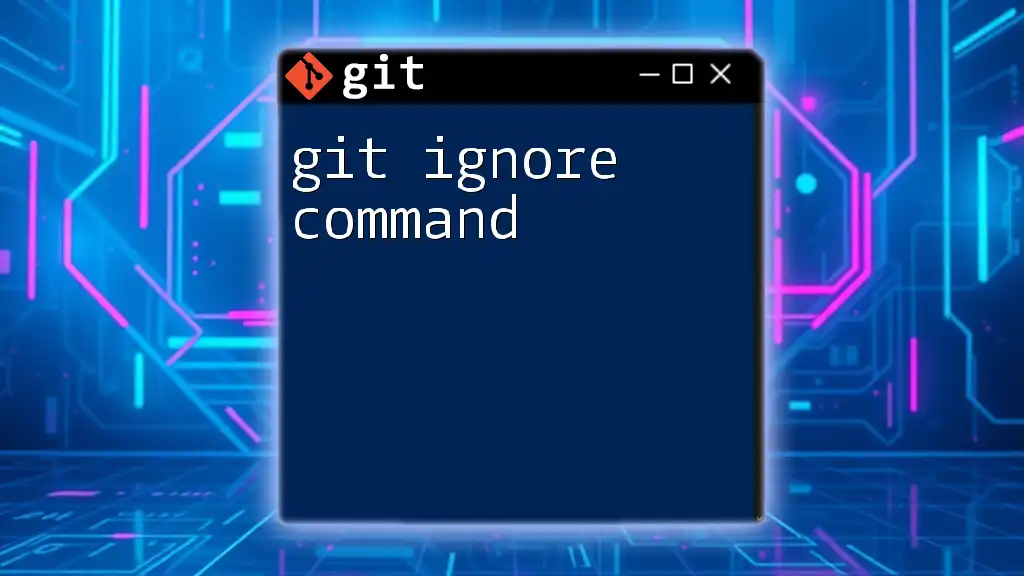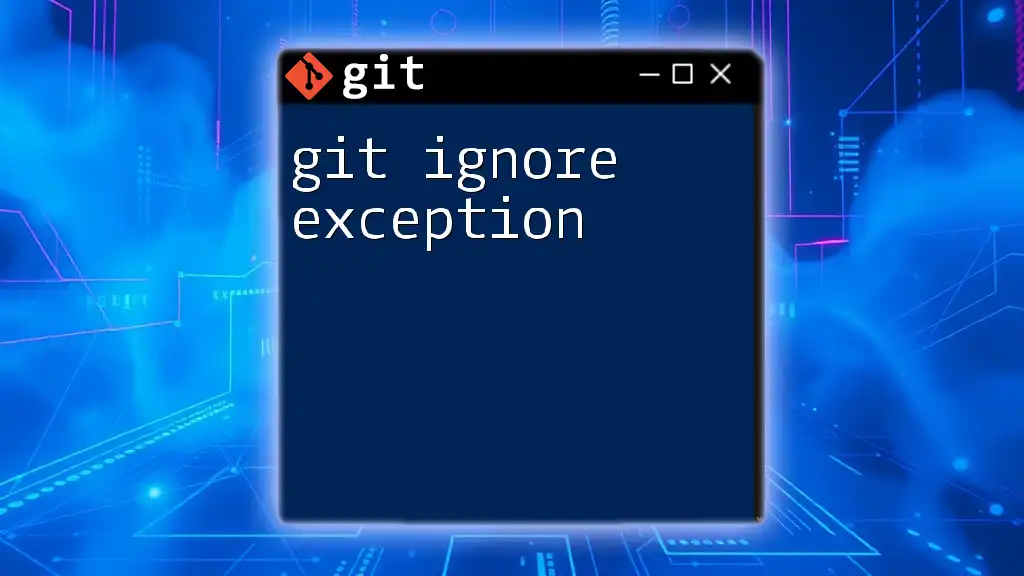The `git diff` command can be configured to ignore differences in line endings, which is useful when comparing files that may have been edited on different operating systems by using the `--ignore-space-at-eol` option.
git diff --ignore-space-at-eol
Understanding Line Endings
What are Line Endings?
Line endings signify the end of a line of text in a file, and they can take different forms depending on the operating system. The two primary types are:
- CRLF (Carriage Return Line Feed): Seen in Windows environments, represented as `\r\n`.
- LF (Line Feed): Standard in Unix/Linux systems, represented as `\n`.
Additionally, older versions of macOS used CR (Carriage Return), represented as `\r`. Understanding these differences is crucial because they can lead to unexpected issues when files created or edited on different systems are brought together.
Why Do Line Endings Matter?
Line endings can create significant problems in collaborative projects. When developers use different operating systems, inconsistencies in line endings can lead to:
- Merge Conflicts: If multiple developers modify the same lines and their changes are on different line-ending formats, Git may interpret these as textual differences, creating unnecessary conflicts during merges.
- Readability Issues: Files that appear consistent on one OS may show gibberish or excessive line breaks on another due to unrecognized line endings.
- Version Control Noise: Frequent and unnecessary changes in line endings can clutter Git logs and diffs, making it hard to track meaningful progress.
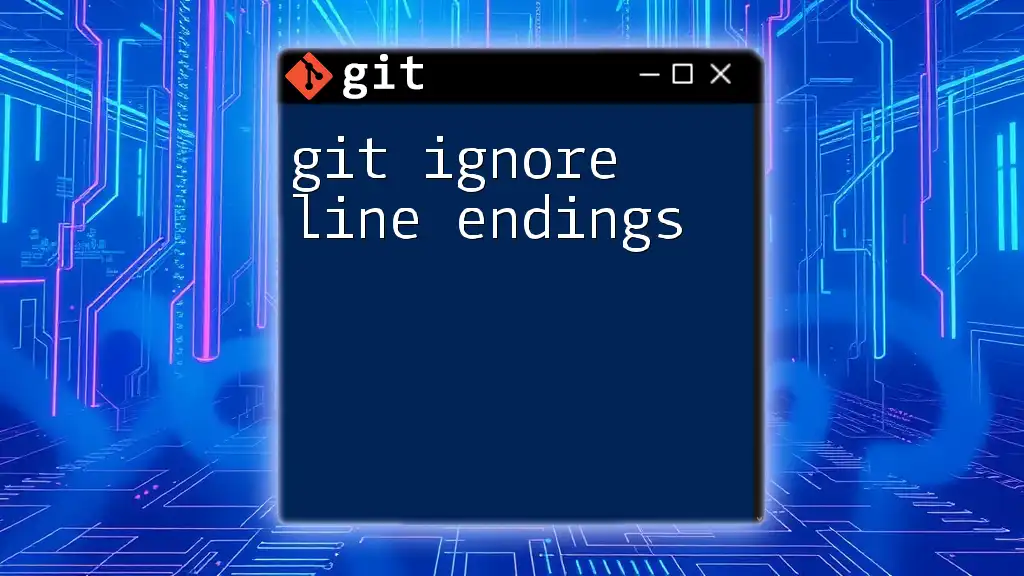
Basics of `git diff`
What is `git diff`?
The `git diff` command is a fundamental tool in Git that displays the differences between various states of your project. It is primarily used to compare:
- The changes in files that are staged (added to the index).
- Differences between the working directory and the last commit.
- Changes between two commits or branches.
Basic Usage of `git diff`
To display the unstaged changes in your working directory, you can simply use:
git diff
This command will show you the lines that have been added, modified, or deleted since your last commit. Using `git diff` effectively can enhance your understanding of what changes are being made in your code.
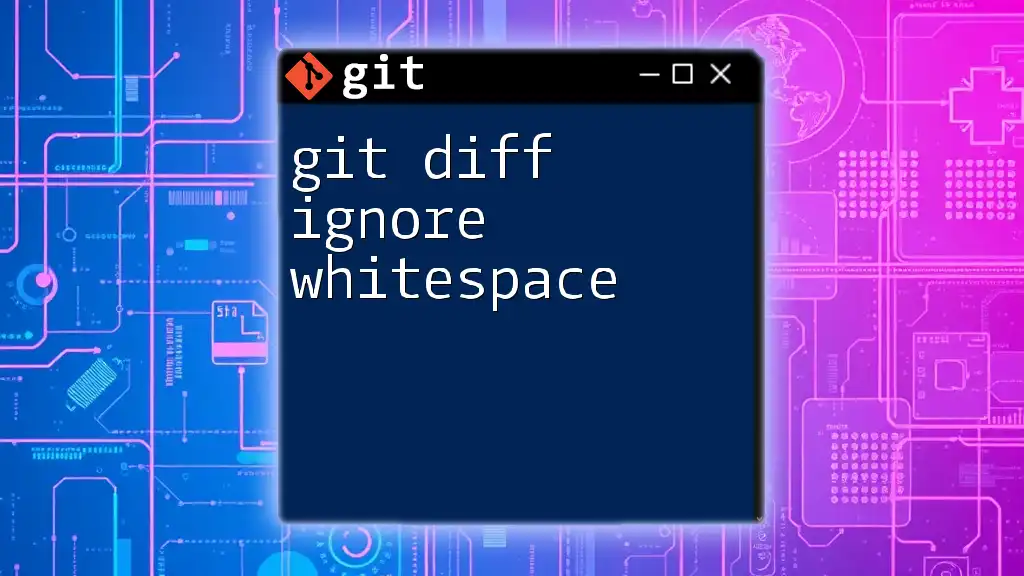
Ignoring Line Endings in `git diff`
The Need for Ignoring Line Endings
When working with cross-platform teams, you might find yourself overwhelmed by unnecessary changes reported by `git diff`. These changes typically arise from line ending differences rather than actual modifications. Ignoring line endings can help you filter out this noise, allowing you to focus on the meaningful changes in your code.
Configuring Git to Ignore Line Endings
Global Configuration
To set up Git so that it automatically handles line endings globally, you can use the following command:
git config --global core.autocrlf true
This command configures Git to convert line endings to the appropriate format for your operating system when you commit changes. For Windows users, this typically means converting `LF` to `CRLF`. This approach is essential for maintaining consistency across teams using different systems.
Repository-Specific Configuration
If you prefer to handle line endings on a per-repository basis, you can execute:
git config core.autocrlf true
This sets the line-ending behavior only for the current repository, allowing for tailored configurations depending on the team or project.
Using `git diff` with Line Ending Ignorance
To address line-ending discrepancies directly in your diffs, you can utilize the `--ignore-space-at-eol` option. This flag tells Git to disregard differences that are solely due to whitespace at the end of a line.
git diff --ignore-space-at-eol
This command is especially helpful when you want to ignore formatting differences and concentrate on actual content modifications.
Additional Options for Ignoring Changes
`--ignore-all-space`
If you want a broader approach and wish to ignore all whitespace changes—both at the end of lines and throughout the text—you can use:
git diff --ignore-all-space
This command is beneficial for reviewing significant changes without getting bogged down by line endings or spaces.
`--word-diff`
For a detailed analysis, the `--word-diff` option provides a way to see changes at a word level while ignoring line endings:
git diff --word-diff
This command highlights changes word-by-word rather than line-by-line, which can provide clearer insight into how the content has evolved.
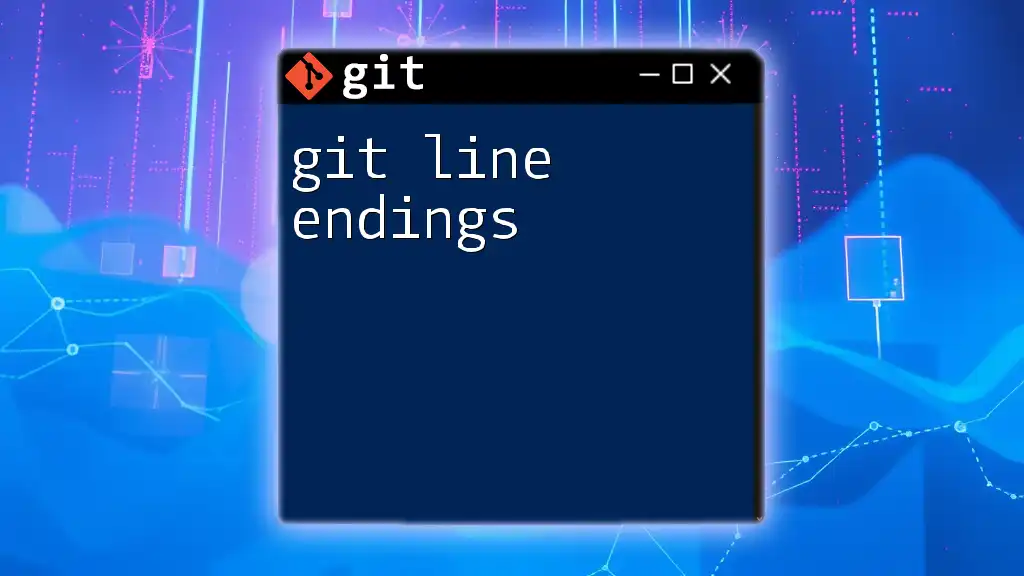
Real-World Examples
Example 1: Practical Use Case in a Mixed-Environment Team
Imagine a team where developers are using both Windows and macOS systems. Each time a developer on Windows contributes to a file, line endings are converted to CRLF. Meanwhile, a macOS user saves edits in LF format. When these files are merged, a `git diff` might show numerous changes, obscuring the actual code modifications. By invoking the command:
git diff --ignore-space-at-eol
the team can focus on the real alterations without getting distracted by line ending discrepancies.
Example 2: Troubleshooting Merge Conflicts
In a situation where two developers are working on the same file but with different line endings, they may face persistent merge conflicts. By mistakenly introducing line-ending differences during edits, they might see something like:
<<<<<<< HEAD
function example() { // Windows line endings
}
=======
function example() { // Unix line endings
}
>>>>>>> branch-a
Utilizing:
git diff --ignore-space-at-eol
could help reveal the core logic differences without getting locked into a battle over line ending formats, streamlining the resolution process.
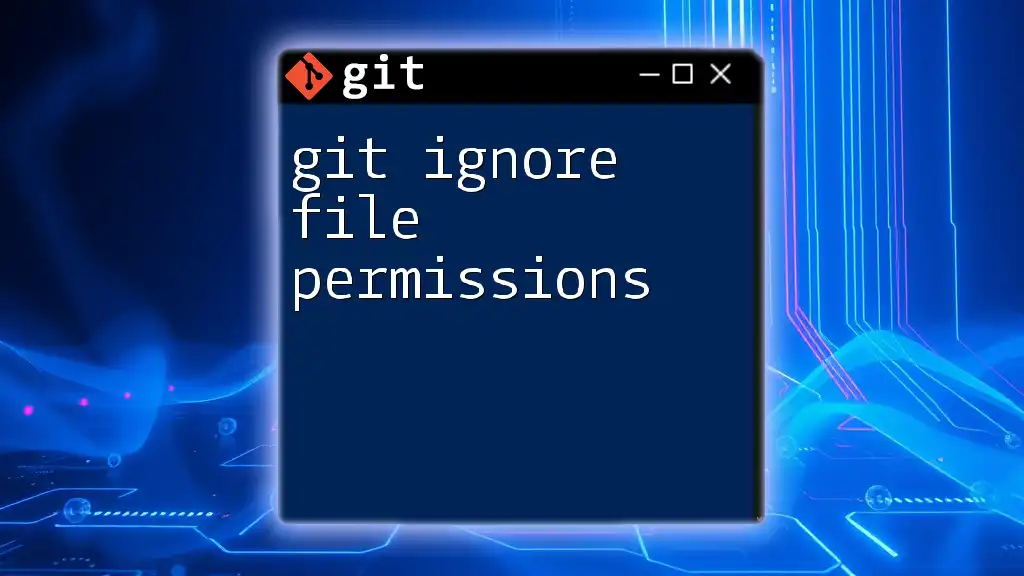
Best Practices
To effectively manage line endings in Git, adhere to the following best practices:
-
Set Up `.gitattributes`: Incorporate a `.gitattributes` file in your project. This file can enforce consistent line endings across all environments. A basic entry might look like:
* text=autoThis ensures that Git automatically detects and normalizes line endings.
-
Commit with Consistency: Always check your line endings before committing. Aim to maintain a consistent format throughout your repository to avoid issues with your team's workflow.
-
Educate Team Members: Make sure all contributors, regardless of their OS, understand the importance of line endings and the configuration setup in Git. This knowledge can help prevent problems before they arise.
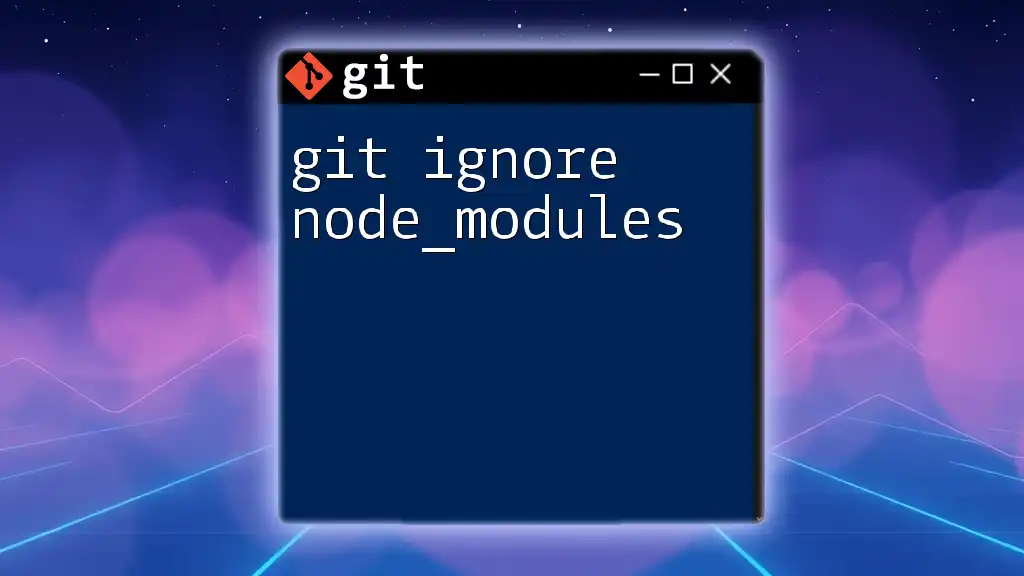
Conclusion
Ignoring line endings in Git diffs can significantly enhance the clarity of your version control process. By configuring Git to manage line endings and utilizing the appropriate diff options, you can mitigate common issues arising from mixed-environment teamwork. Make these practices a staple of your workflow and encourage your team to do the same for seamless collaboration.
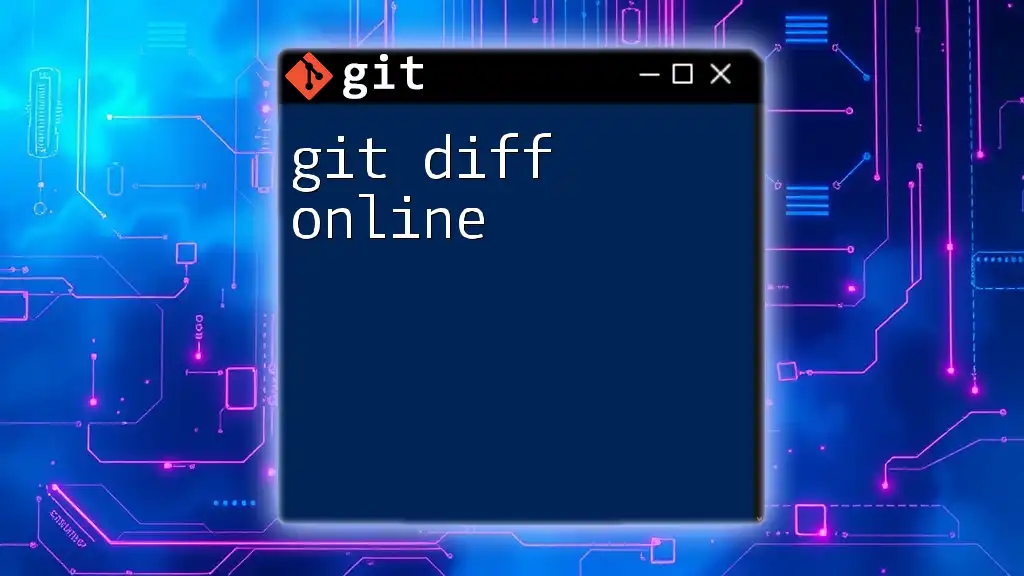
Additional Resources
For further reading, consult the official Git documentation and explore books focused on mastering Git workflows. Engaging in community discussions can also yield valuable insights into best practices and evolving strategies around managing line endings in Git.

